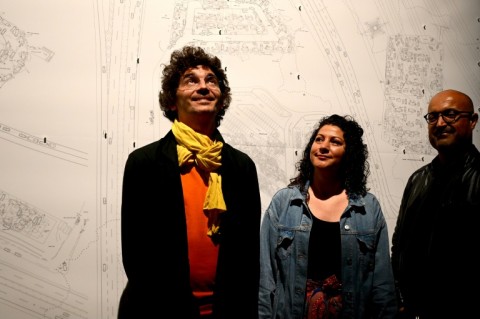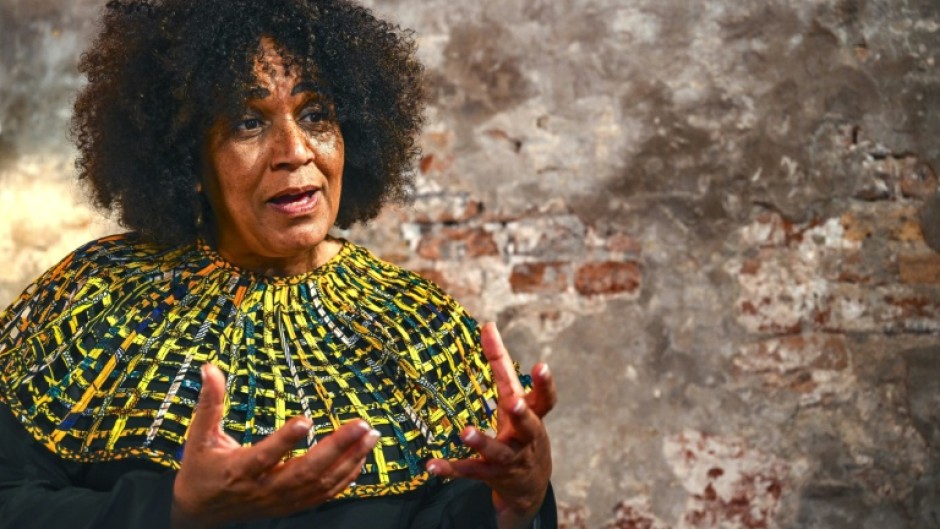
VENICE - From nomads to deforestation, this year's Venice Architecture Biennale focuses on Africa and the impact of colonisation on the development of a continent undergoing the most rapid urbanisation in the world.
Away from the national pavilions, the main exhibition put together by Biennale curator Lesley Lokko shines a light on the enduring impact of the colonising Europeans who upended traditional ways of life.
Mounir Ayoub, a 40-year-old Tunisian architect based in Geneva, has long been interested in the phenomenon in Tunisia of forced settlement.
Before being colonised by France in 1881, the North African country of his birth "was mostly a country with a nomadic population -- 600,000 nomads and 400,000 sedentary (settled) people", he told AFP.
But through his collection of photos, documents and video testimony from the few remaining nomad families, he argues that France initiated a policy that eventually left the Tunisian desert depopulated.
"The desert was not empty, it was a rich ecosystem with a huge culture. The desert was populated, it was a place of immense civilisation," he told AFP at the exhibition at Venice's former shipyards.
The exhibit includes a nomadic tent -- "organic architecture in the first sense of the word: goats, sheep and camels provide hair that is woven into tents".

The exhibition is the brainchild of Lokko, a Ghanaian-Scottish architect who curated this year's Biennale.
She invited 89 participants to contribute to "The Laboratory of the Future", with more than half of them from Africa or the African diaspora.
"We're looking at the more painful aspects of the past, and using that trauma and that vulnerability around questions of identity, migration... which are generally questions architects don't deal with, to inform new visons of the future," Lokko told AFP.
"Our relationship to the environment is a cultural relationship, it's not only a scientific or transactional relationship."
The job of every architect, she said, is "to look at the past in order to project an idea about the future".

